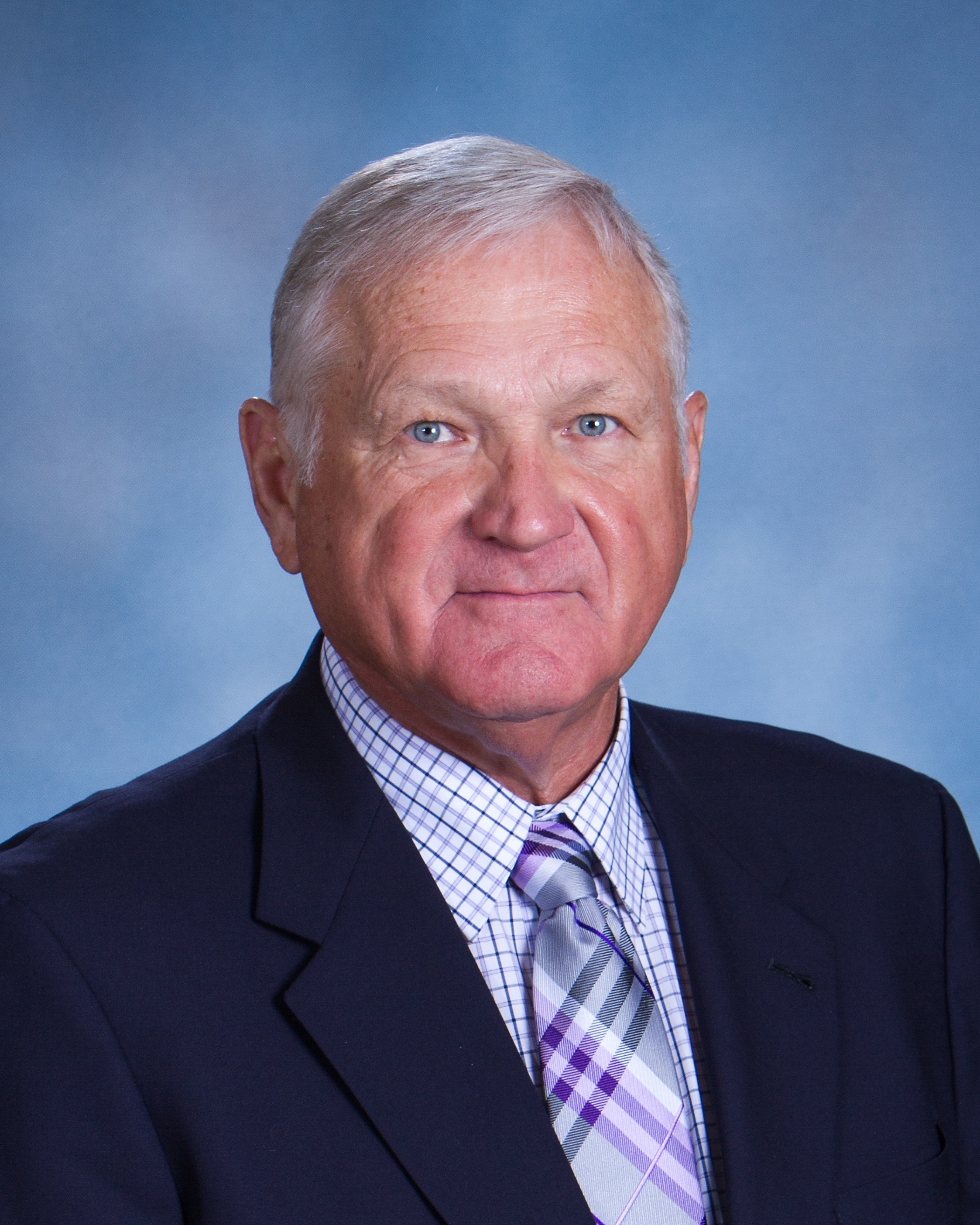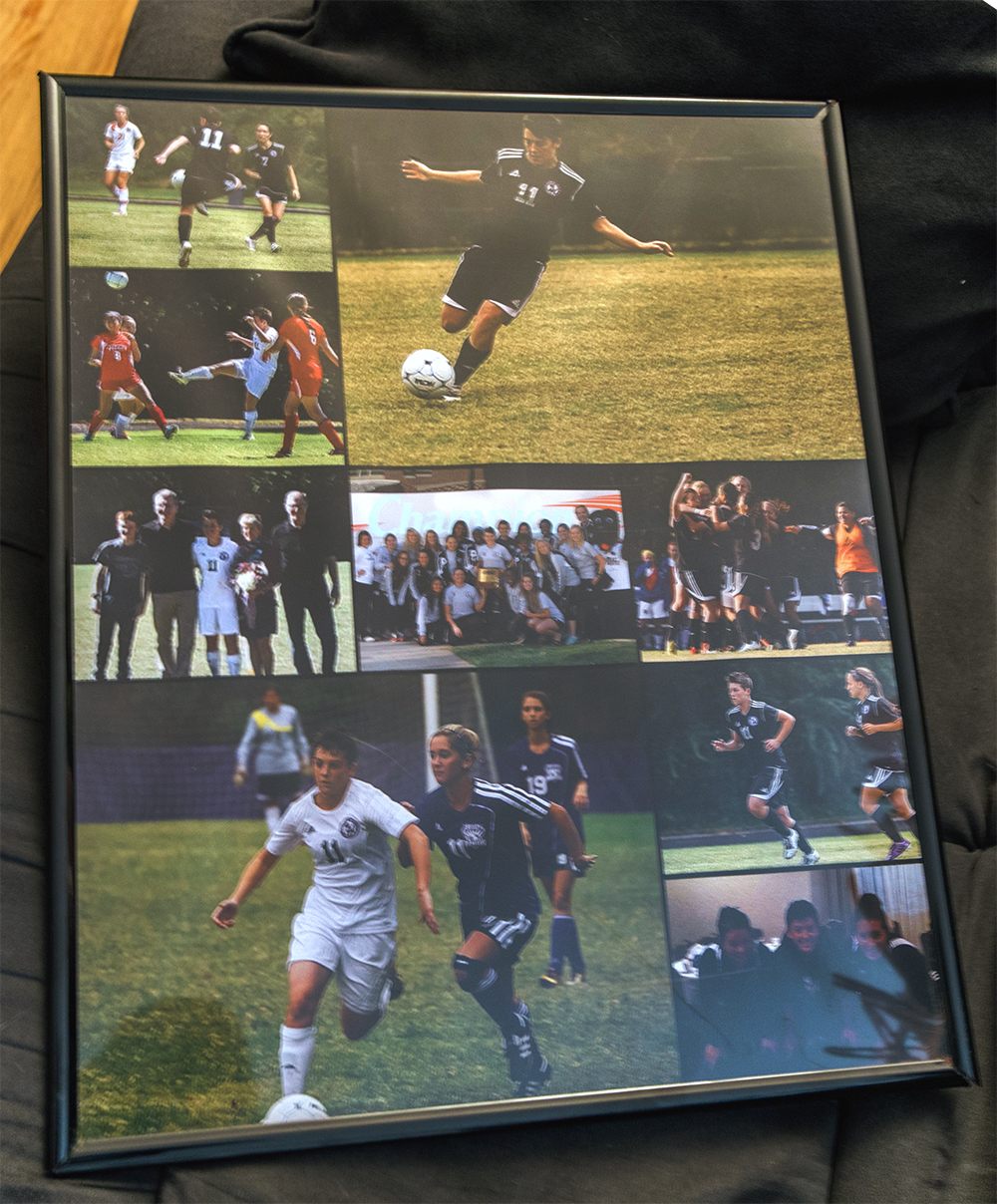Video by Roger Newton
Keiran Flynn had just finished his junior year at Agnes Scott College in Decatur, Ga., when he decided he was ready to begin hormone therapy and transition. For years Flynn recognized his gender to be male, though he was assigned female at birth.
The time was right for Flynn, but it was not right for the NCAA, the governing body of intercollegiate sports.
Flynn was a center defender for the women’s soccer team. If he wanted to stay on his college team for his senior year, NCAA regulations prevented Flynn from starting his regimen of hormone treatment to transition to male. Flynn was captain of the team, the only senior on the squad, and for those reasons he decided to delay until after his senior season. The Scotties made it to the conference championship match before losing.
His decision shoved Flynn into a foxhole emotionally. He described it as a “dark time” that would engulf him on some days because he could not be who he wanted to be. It is an emotional place that cisgender people — those whose gender identity matches their assigned sex at birth — cannot easily understand.
“I had emotional breakdowns, mentally realizing I had 10 months to go before I could begin a process that I had been thinking about for years; it was a really hard thing to accept,” Flynn said. “I didn’t have much choice. It was a dark time because I was coming to terms about my gender. I was sad and feeling bad about myself and the way I looked and my identity. It is very isolating.
“There were moments I would be looking in a mirror and have an existential breakdown and crying and everything. I was not actively suicidal, but I could easily see how that becomes an option for people. It was kind of like a glowing exit sign down the way. I see it. I totally get why people choose that option.”
After-school professionals — social workers, coaches, counselors, youth activities directors — become vital for the transgender teen athlete because the teen will need a support group they might not have at home or at school.

Ali Sardar
“It is not such a gigantic problem that you need [gender eligibility] committees and these kinds of rules put on teenage kids,” said Keiran Flynn, who waited to transition to male in order to stay on his college soccer team. “We are so few and far between. You don’t have so many trans women who have not taken estrogen trying to flood into women’s sports and skew ratings.”
Gender eligibility committees
Forty-one percent of transgender people attempt suicide, according to the American Foundation for Suicide Prevention and the Williams Institute. Not all transgender people are so despondent, Flynn said, but for some the thicket of confusion and societal isolation can be overwhelming.
Flynn was 21 when he was faced with NCAA regulations having a say-so over his body. He was susceptible to emotional scarring even as an adult.
Now imagine a 14- or 15-year-old trans athlete standing at the same crossroads or, perhaps more accurately, crosshairs.
There are state high school athletic associations that require transgender high school athletes, particularly those whose birth certificate declares them boys, to appear before a gender eligibility committee to explain their gender transition and answer questions about their competitive motivation. Are they doing this to get a college scholarship? Do they feel uneasy competing with the boys? Some states require high school athletes to undergo sex reassignment surgery or a year of hormone therapy before they can compete on their new team. Some states declare they can only compete with the assigned sex on their birth certificate.
“At 15, I wouldn’t have been able to go before a committee,” said Flynn, who is now 26 and a community organizer. “Going before some kind of committee can be a very scary position when you have to face people and share these intensely personal things.”
He shook his head in dismay thinking about a teen faced with the daunting task of defending themselves while also educating adults about what it means to be transgender. He wonders if the supposed “greater good” of fairness in athletic competition and a level playing field is so precious that it might cause one of these committee adjudicators to look right through the teen athlete in front of them and see only the athlete, not the whole child.
“If these people on the committee don’t like what you are doing they have the power to change the course of this student’s future at the school,” Flynn said. “It can be a tipping point in a bad or good way.”
Appearing before a committee, or undergoing hormone therapy, should not be done alone by trans teenagers, Flynn said.
Nebraska requirements

ACLU of Nebraska
Amy Miller
Amy Miller, the legal director of the ACLU of Nebraska, said appearing before these committees should not be done at all. She labels the eligibility committees “tribunals” and calls the process of hauling a student before them “appalling.”
In 2016, the Nebraska School Activities Association (NSAA) passed measures requiring transgender athletes who wanted to compete on a team other than their assigned sex at birth to appear before a gender eligibility committee, as well as undergo sex reassignment surgery or one year of hormone therapy. It was seen as a compromise in an ultraconservative state where religious groups wanted high school athletes restricted to the girls’ team if their birth certificate declared them female, and the boys’ team if the birth certificate declared them male. The ACLU of Nebraska, which fought against the measure, said the mandate would intimidate and keep transgender kids from going out for their high school team.
Jim Tenopir, the executive director of the Nebraska association, said there has not been a transgender athlete who has filled out the required transgender application since the rule was passed. The NSAA, which oversees other after-school activities too, has had “requests from transgender students to partake in nonathletic gender-segregated activities,” he said.
The issue is only going to get more prevalent. According to a University of Minnesota study published in February in the journal Pediatrics, 3 percent of high school students in the ninth and 11th grades identified as transgender. Previous studies estimated the number at about 0.7 percent. The transition in 2015 of former Olympic gold medalist Bruce Jenner, who is now Caitlyn Jenner, is thought to have given transgender athletes positive reinforcement and courage to come out for teams.
“We are barely on the cusp of having any discussion on this transgender issue so we’re going to trip and fall,” said Megan Neyer, a licensed mental health counselor, U.S. Olympian and performance consultant to national Olympic teams.
Neyer has watched athletic institutions wrestle with issues involving sex for 30 years and fail, sometimes miserably. She wonders if the same thing is happening with gender issues: failure to come up with compromise and remedies.
The Level Playing Field: Myth or Reality?

Nebraska School Activities Association
Jim Tenopir
Transgender teen athletes are viewed as undermining the level playing field of sports. People who were assigned boys at birth and then transition without having had puberty blockers or hormone treatment are assumed to have a physiological advantage.
“There is some reasonableness to this argument,” said Joanna Harper, a transgender woman, former college athlete, medical physicist and the first transgender person to speak before the International Olympic Committee on the issue of transgender athletes.
“We separate male athletes from female athletes because of the advantages male athletes have over female athletes. If we are talking high-level, the very best women cannot compete with the very best male athlete, but certainly not every male athlete is going to be better than every female athlete.
“We do allow advantages in sport. We allow left-handed baseball players to play against right-handed baseball players, even though left-handed baseball players have numerous documented advantages over right-handed baseball players. But we don’t allow heavyweight boxers to get in the ring with lightweight boxers. At some point advantages become too great and we separate the groups.”
Tenopir, the Nebraska official, said his organization has an obligation to other student athletes. He said one of the reasons prospective student athletes are required to appear before the Gender Eligibility Committee is a safety factor. Could a biological male competing on a female team injure a girl because of superior muscle mass?
That committee includes two medical professionals to help with those decisions, he said.
In Texas, an unsuccessful lawsuit was brought by the parent of a high school female wrestler when the state forced Mack Beggs, a transgender student, to compete in the state meet as a girl during his junior and senior seasons. Beggs had been on testosterone therapy as part of his transition from female to male and wanted to wrestle boys, but the University Interscholastic League, which governs Texas high school athletics, said Beggs had to compete based on his gender assigned at birth.

drmeganneyer.com
Megan Neyer
Beggs won state championships in girls wrestling in 2017 and 2018. The teen was booed by some in the crowd in February when he won his second title in the 110-pound weight class. An opponent told the Dallas Morning News there was an obvious strength difference between her and Beggs.
In Connecticut, Andraya Yearwood, who was assigned male at birth, burst on the track scene as a freshman at Cromwell High School in 2017 and won state championships in the 100- and 200-meter dashes. Yearwood, 16, is having another standout season in 2018, but she is being pushed by another trans female runner, Terry Miller, who attends Bulkeley (Connecticut) High School.
Connecticut has no restrictions on transgender runners, so Yearwood and Miller can compete without having hormone therapy.
Kate Hall won the Connecticut Class M 100-meter dash in 2016. She finished second to Yearwood in 2017. Standing at the start line, Yearwood was clearly more physically imposing than Hall.
“It’s frustrating,” Hall told the Hartford Courant in 2017. “But that’s just the way it is.”
Harper, the medical physicist, said, “There are people in the trans community who believe our gender identity alone should allow us to compete in whatever category they want. I have data to back up why that’s a bad idea.
“I would think it would be appropriate at some point during Andraya Yearwood’s high school career she should start on hormone therapy.”
Yearwood has declined requests for comment. If Yearwood wants to compete at the collegiate level she would have to yield to hormone therapy.
But the level playing field argument in the debate over transgender athletes is a myth to many people.
Consider the private school baseball team that shows up to a game in a chauffeured bus with five coaches and personalized equipment bags and drubs the public school team that shares one bat. What about the private school girls softball team whose players have individual hitting coaches that clobbers the public school team whose players use cheap plastic gloves, not real leather? The two schools can be in the same conference, but the playing field is hardly level.

Reprinted photo with permission from Alaina G. Levine, APS News, Volume 26, Number 9, October 2017. ©2017 by the American Physical Society.
Joanna Harper
Meghan Halbrook, an assistant professor in sport and exercise studies at Randolph College in Lynchburg, Virginia, who has studied issues of gender equity in sports, says the level playing field is an elusive ideal.
“Specifically talking about youth and high school, I think a lot of athletes at that age are going to say things are unfair if they lose,” she said. “There is a lot of ambiguity and differences from high school to high school and from state to state. The system is not fair to a lot of people, not just transgender athletes, because there are so many things up in the air.”
As the physiology of students starts to change in middle school, students who develop first have an advantage, Halbrook said. There is no level playing field, in that regard. It’s why many freshmen cannot compete on the varsity team with seniors.
“There is so much development that is happening at that age. We see it more in middle school, where a lot of growth starts to happen,” she said. “There can always be a reason for losing, if that’s how you want to look at it. There is always that ‘this isn’t my fault.’”
Flynn wonders if the health of a transgender student should be sacrificed for a medal when the playing field is already so skewed.
“I can see that side of the argument about advantages, but it is not such a gigantic problem that you need committees and these kinds of rules put on teenage kids,” he said. “We are so few and far between. You don’t have so many trans women who have not taken estrogen trying to flood into women’s sports and skew ratings. It is one individual here and there.”
The Politics of Gender

Randolph College
Meghan Halbrook
Brian Calhoun, Yearwood’s high school coach, refused to be sucked in by the politics of gender. He did not straddle a line, appease factions or have a showdown with opposing sides when Andraya Yearwood came to his office in 2016 and told him she wanted to be on the girls track team. It helped that Calhoun had the Connecticut Association of Schools on his side. There are no exclusions in the CAS policy for trans athletes.
Asked for advice for the coach who suddenly has a trans student standing in front of them, Calhoun said, “The easiest approach is if you don’t complicate the situation. A lot of people make the situation more complicated and say a lot more than they need to say and think a lot more than they need to think.
“You have an athlete that just signed up for your team so the appropriate questions are ‘Can this kid play? Can this kid help our team? Are they going to be a positive influence on the team?’”
Of course, it is not that easy in the states that have restrictions, such as a year of hormone therapy or questioning before a gender eligibility committee.
Advocates for transgender athletes see the committees as a repellent against trans kids who just want to be a part of a team.
“If a trans student finds there are a lot of obstacles in front of them they might decide to not play, and that’s unfortunate because we know all the health, education and leadership benefits sports provide,” said Sarah Axleson, the director of advocacy for the Women’s Sports Foundation. “At a youth and high school level, the bar should be pretty low of what is required of them.”
Keiran Flynn opposes the committees because gender is more complicated than the physical body. He urges people who would serve on one of these eligibility committees to have some understanding and empathy.
“It is sending a message that you are only your gender once your body changes. It totally invalidates the person’s gender before they take hormones,” Flynn said. “It’s what we call body policing and gender policing. They twist what gender looks like and what it truly means to be the gender that you are.”
Reminder of integration
What sounds reasonable to Calhoun and Flynn, of course, is not reasonable in more conservative settings. Absent a clear ruling on Title IX in a federal court, there will be different opinions from state to state, predictably red state (conservative) to blue states (progressive).
“We had opposition with people who did not believe transgenderism even exists,” Tenopir said. “My board and I were put down from the pulpit in many situations because we were trying to provide a road map for students with alternative gender preferences. I continually told our board, no matter what your personal views, our role is to provide opportunities for kids, not just the varsity athlete, but all kids.”
Neyer, the Olympian and sports counselor, is worried about institutions that will make decisions based on gender.
“Based on my experience dealing with sexual assaults, and issues of gender on a national level, historically the response has been very poor,” Neyer said of institutions and their policies. “I would be worried about these high school committees. When I see decisions coming down from institutional committees addressing delicate issues I have been dismayed at times. You don’t want to victimize these kids for whom it takes incredible courage to come to this realization themselves and manage it. They are pretty vulnerable.”
Are the restrictions worth it? Is it worth keeping a teenager out of sports over a medal when the positive experience of sports could change their lives?
“I think in terms of rules with transgender athletes we should take it on a case-by-case basis,” Harper said. “Most of the time high school athletes are more about participation than athletic excellence. We try and get the high school athletes to perform well, but a lot of it is socialization and being part of the team and being with friends.”

Ali Sardar
Photo collage of Agnes Scott College soccer team. Keiran Flynn was captain his senior year, before his transition.
Bill Curry, a former NFL player and Division I college football coach at Georgia Tech, Alabama, Kentucky and Georgia State, is a principal of AIM Sports Reputation Management in Atlanta, which advises high school athletic associations around the country. He is reminded of when college football faced integration in the 1960s, when he played at Georgia Tech. Will we evolve similarly with the transgender issue?
“Sound minds and thoughtful, progressive leaders will find solutions to these complex issues,” Curry said. “Let’s just hope we can accomplish our mission of serving all our students in a more reasonable time span this time.”
Transgender people want to be addressed by pronouns that accurately portray their gender identity. But the rules governing transgender inclusion in high school sports in some states can include a rather insidious pronoun. Them.
Is Us vs. Them really the spirit of high school athletics?
“At the end of the day, it is just high school sports,” Flynn said. “High school sports are so trivial to what these kids are proclaiming for themselves. They are sharing this deeply personal thing. You have to pull back and put it in perspective. There are kids who want to get a scholarship, but there are lots of kids who just want to play.”































